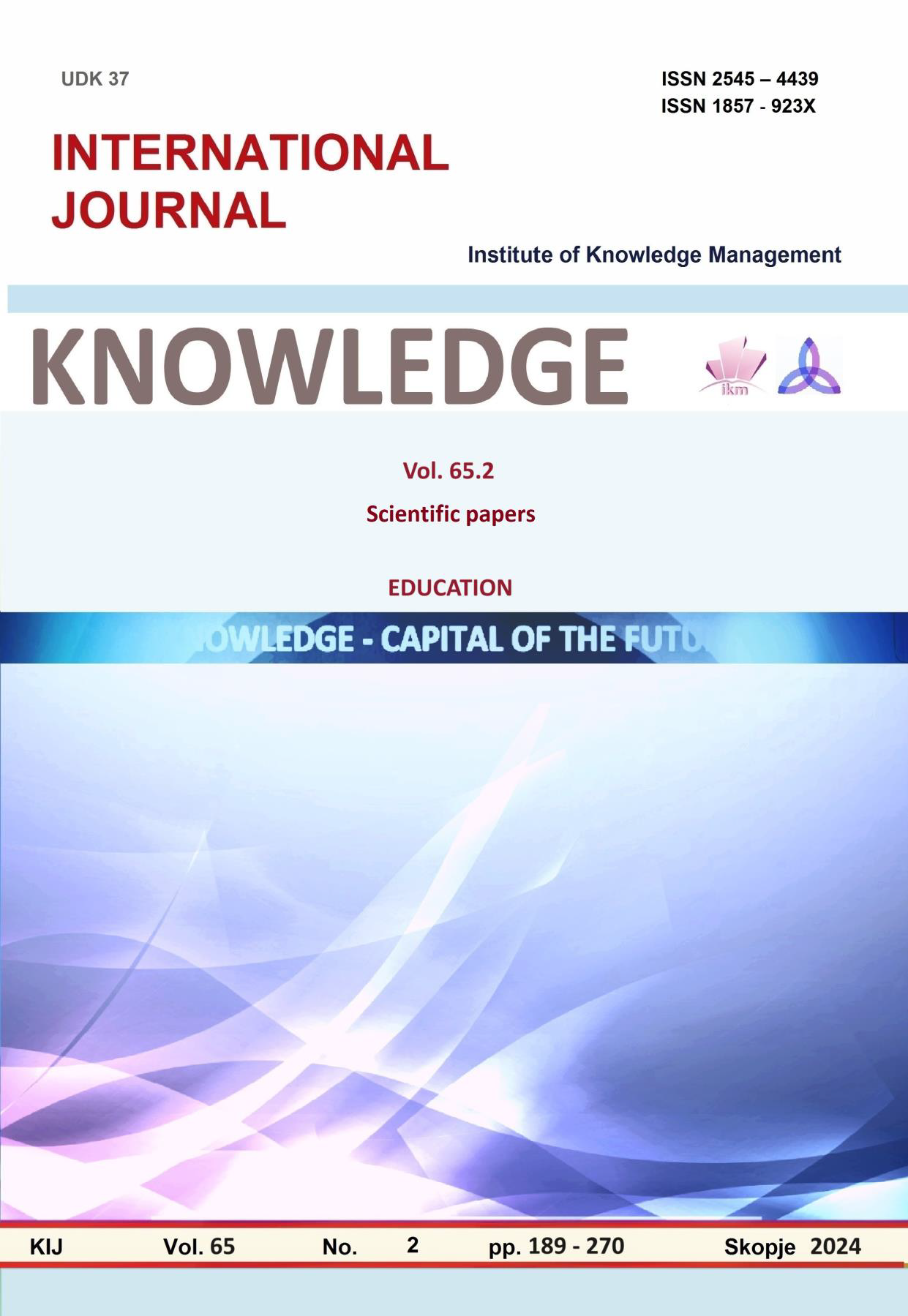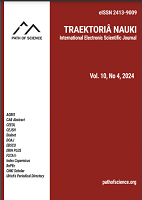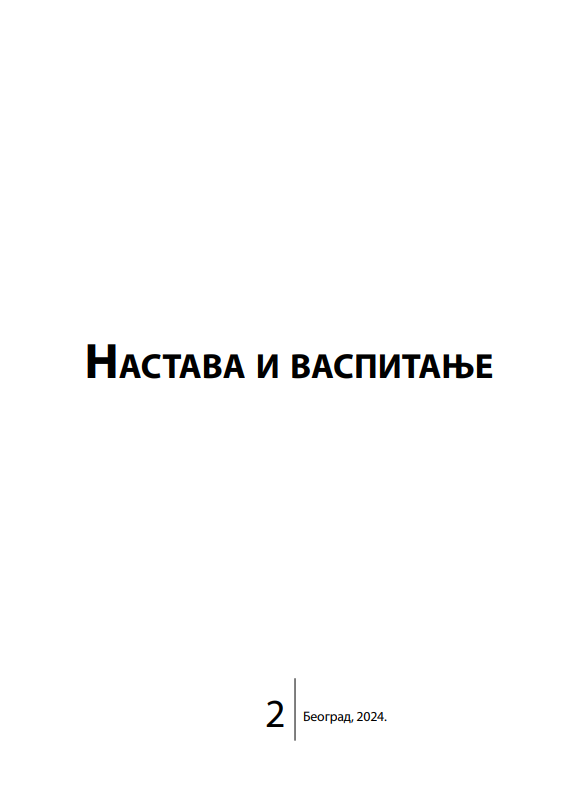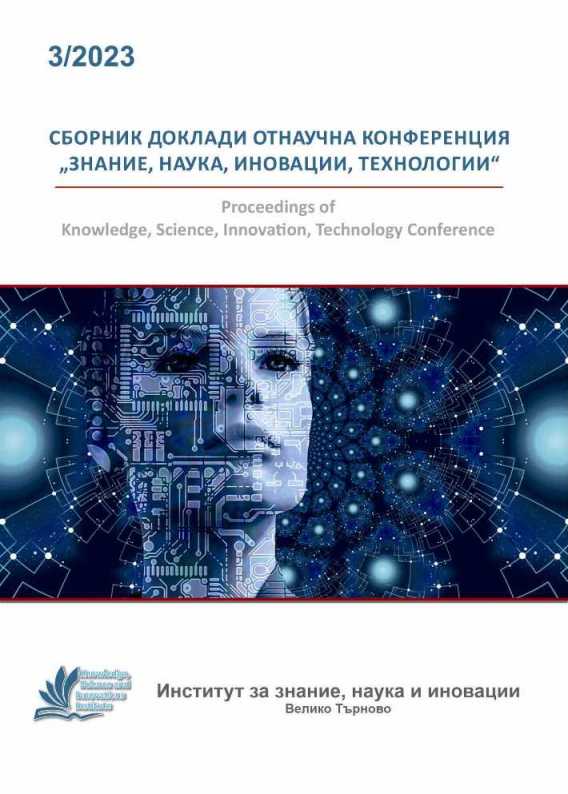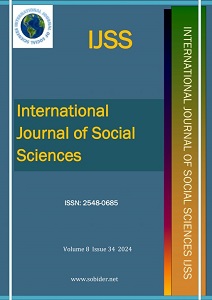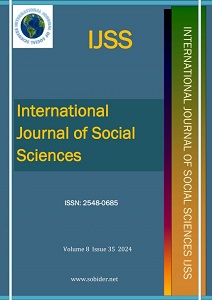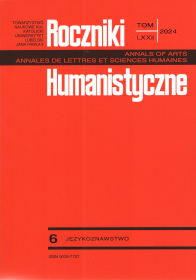Author(s): Turgay Tarhan,Hatice Aksakal / Language(s): Turkish
Issue: 34/2024
Learning, which is the basic component and dynamics of education, is the name given to the changes observed in an individual during the interaction of an individual with the environment, the reorganization of behavior and habits, behavior development and change, the acquisition of information and ideas, considered as a neurophysiological process, permanent effects that occur as a result of interaction with the environment. By another definition, it is revealed that learning is a mental structure change or even a constantly renewed mental structure. Some learning processes may be aimed only at people. Knowledge is organized, and learning is a process in which new knowledge is associated with previously acquired knowledge. The learner needs to encode and store the acquired information in his long-term memory so that he can recall it accurately and quickly later. The information processing process plays an active role in this regard for electronic learning and future learning. Cognitive control for the actualization of cognitive processes within a certain system (such as coding, detection, recall and repetition) occupies an important place in terms of electronic learning and future learning models in subjects such as monitoring, planning, implementation, asking questions, renewal, self-testing from the beginning to the end of learning. In this context, it is observed that the attempts to use information technologies in education have been accelerated in recent years. Interaction between individuals constitutes the basis of learning.Dec. This interaction between individuals allows the examination of existing knowledge and the access to new theories. Dec. While physical environments such as classrooms, schools or courses were used for this type of interaction at first; nowadays, with the introduction of technology into our lives, electronic messages (e-mail), chat (chat), e-groups, dynamic web pages, web radio and television, mobile phones and tablet computers have started to be added to these environments with the gr eat breakthroughs made in recent years. Thanks to these enriched interaction environments, individuals can interact with more people more easily. As a result, thanks to this, students can increase their own knowledge by communicating with others who are more knowledgeable than they are. Thus, individuals can take the thought structure of the more knowledgeable one or adopt the new structure that they will create by shaping it with some changes according to themselves.
More...
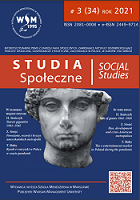

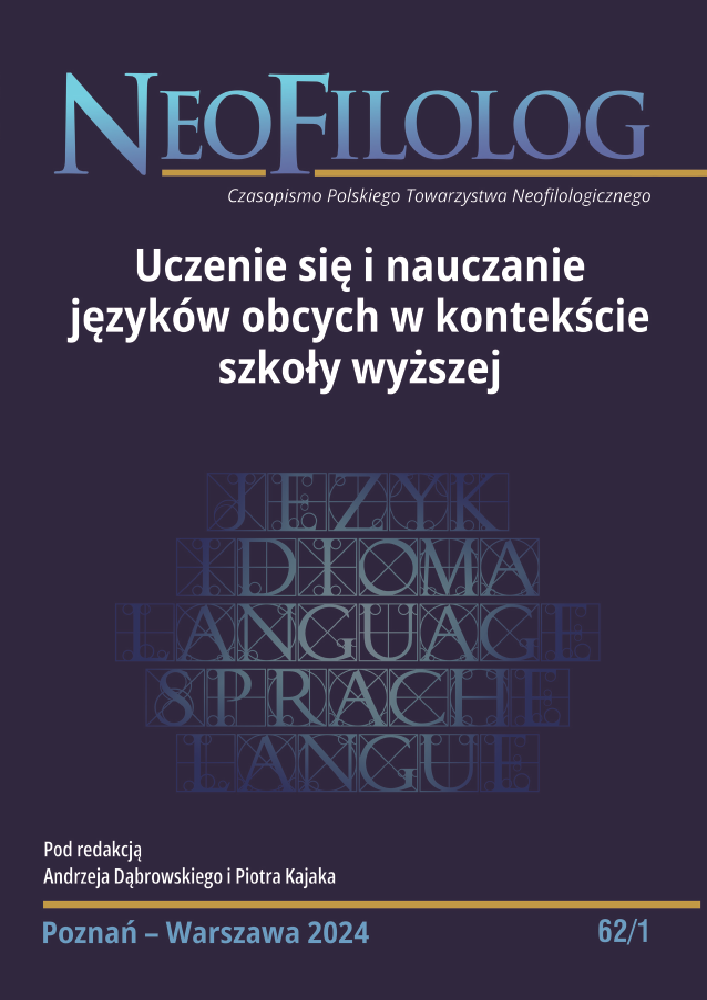
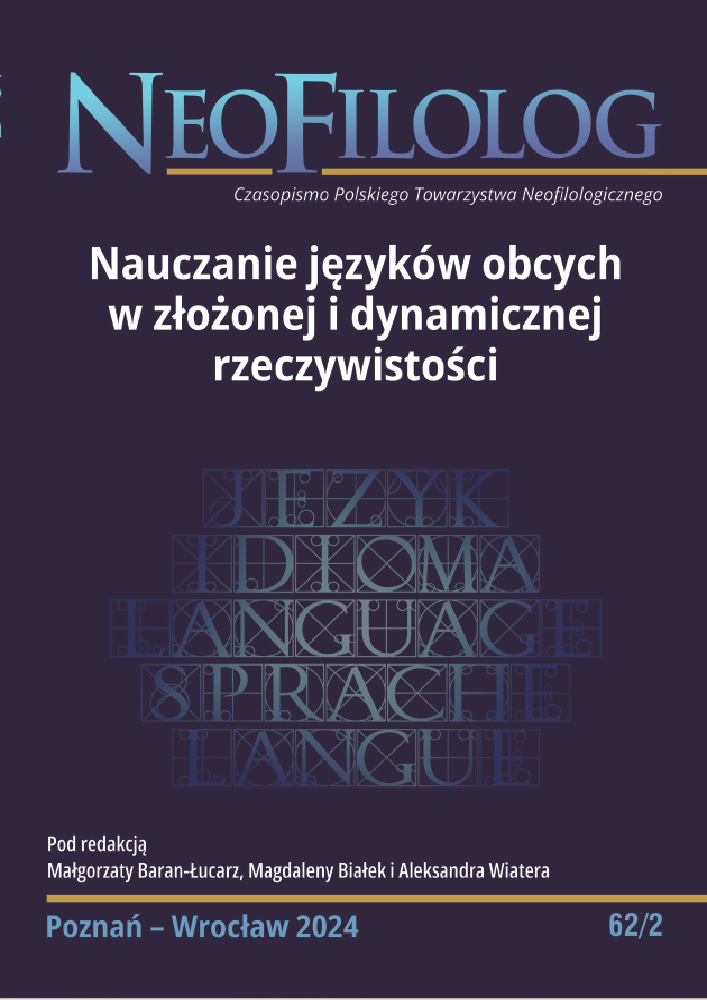

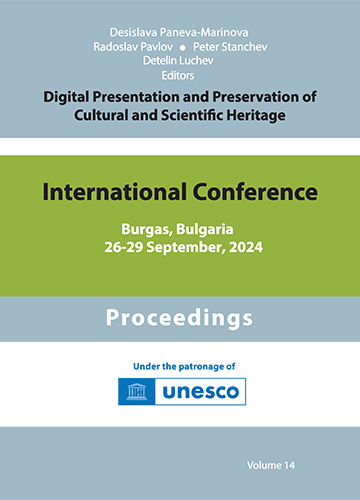
![Przebieg procesu edukacji zdalnej dzieci ze żłobków, przedszkoli i klas I–III szkół podstawowych w czasie COVID-19 na podstawie opinii opiekunów-wychowawców ze żłobków oraz nauczycieli [...] z terenu Łodzi w świetle badań własnych.](/api/image/getissuecoverimage?id=picture_2022_83744.jpg)
